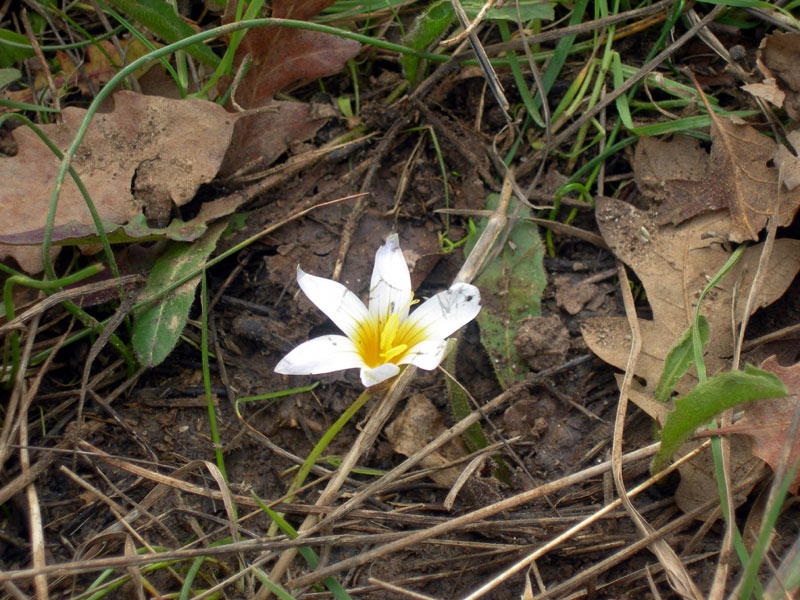Protected Area
Identity Card
- Land Surface Area: 175.00 ha
- Regions: Lazio
- Provinces: Viterbo
- Municipalities: Bomarzo
- Establishment Measures: L.R. 30, 26/10/1999
- PA Official List: EUAP1080
- Park Authority: Provincia di Viterbo - Assessorato all'Ambiente
Monte Casoli di Bomarzo Nature Reserve
Monte Casoli di Bomarzo Nature Reserve was established in 1999 with
L.R. 30. At the moment, it covers an area of 285 hectares (the
enlargement to over 700 hectares is on the program), in the
Municipality of Bomarzo. The Park Authority is the Province of Viterbo
which, in collaboration with the Municipality of Bomarzo, manages the
Reserve with the aim to guarantee and promote the conservation and
enhancement of the territory and its local natural and cultural
resources, to safeguard and recover the natural habitats, to preserve
animal and vegetal species, to promote the economic and social
development of the local communities involved, and to enhance the
natural resources with educational and recreational aims.
The
landscape of the protected area, strongly influenced by the local
geological features, is characterized by woodlands alternating with
plateaus which were used in the past as pastures, cultivated areas, and
more or less deep valleys.
Further information (Italian text)
Vegetation
Despite its limited size, the Reserve is very rich in flora: this
depends on the diversified conformation of the territory which is a
mosaic of different environments for geology, morphology, and climate.
A thick Turkey Oak wood covers the less sunny slopes and represents
without a doubt the dominating vegetal feature of the whole area, above
all in the ravines.
| Turkey Oak | Cornelian Cherry Dogwood | Holm Oak |
| Lobaria | Flowering Ash | Usnea |
Further information (Italian text)
Fauna
The abundance of water, the variety of the environments, and the scarce human presence allow the life of many animal species. Among them the Wild Boar (Sus scrofa), a typical animal of this area, the Fox, the Pine Marten (Martes martes), the Polecat (Mustela putorius), the Badger (Meles meles), rodents like the Porcupine, the Squirrel, the Dormouse, the Yellow-necked mouse, the Savi's Pine Vole and the Bank Vole, and, among the insectivorous species, the Hedgehog, the Mole, and the Common Shrew. There are also several bird species, whose presence is favored by the thick vegetation, the ravines, and the ancient ruins.
| Wild Boar | Porcupine | Dormouse |
| Salamander | Fox |
Further information (Italian text)
Geological Features
The territory of Monte Casoli Nature Reserve and its surroundings
include geological formations of different nature: marine sedimentary,
volcanic, and continental formations.
The most ancient formations
belong to the Plio-Pleistocene marine regressive sedimentary cycle
covering most of the territory and outcropping in particular in the
central-southern section of the Reserve, near the river carvings of the
Stream Vezza and its tributaries.
The
most ancient volcanic coverings, the quartzolatitic ignimbrite, coming
from the emission center Cimino (about 1.3 million years ago) and
locally known with the name of "Common Peperine" (for the frequent
presence of black biotite crystals, looking like pepper-corns), can be
found in the southern section of the Reserve, in the south of the ditch
of Monte Casoli, along the northern edge of the volcanic plateau facing
the above-mentioned ditch.
Further information (Italian text)






